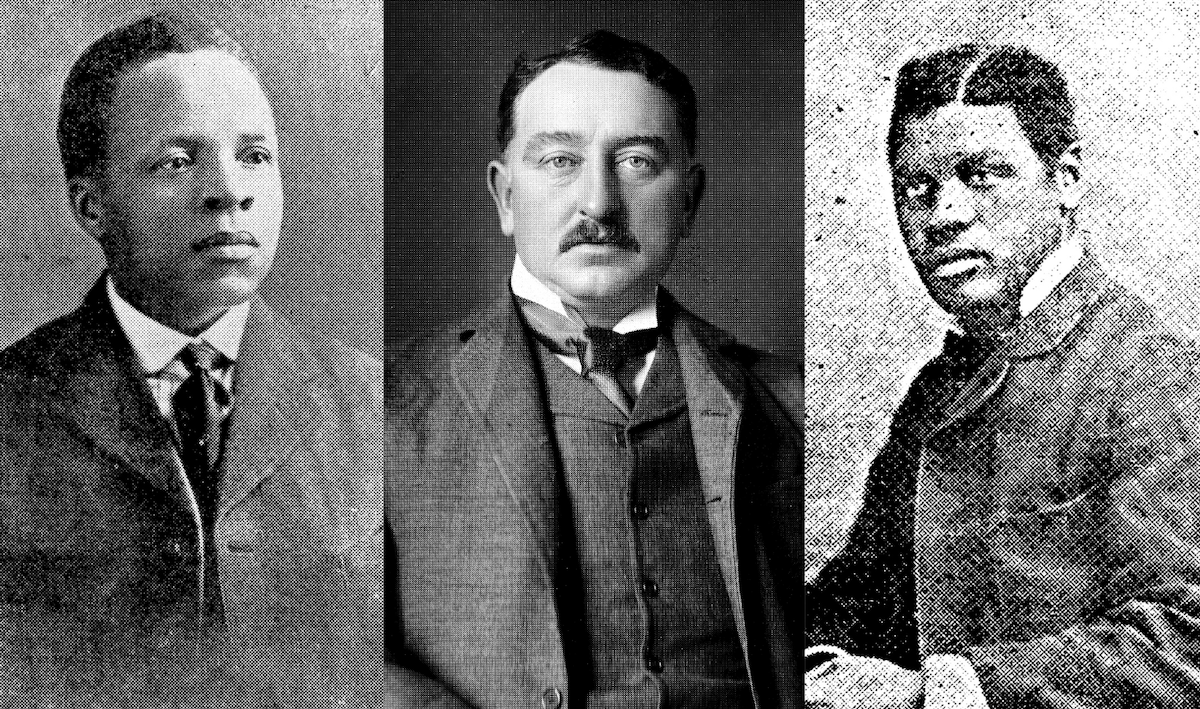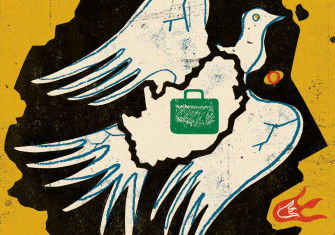Cecil Rhodes and the Election That Caused the Boer War
Cecil Rhodes was once described as the single biggest threat to peace in southern Africa. In 1898 a bitter election campaign did little to suggest otherwise.

In 1898 – some 12 years before it was subsumed into the Union of South Africa – the Cape Colony held what would be the most factious and divisive election in its history. What was more, it was an election that saw the mining magnate and self-professed racist Cecil John Rhodes prostrate himself before an entirely black audience, espousing a brand of imperialist politics that would lead, within a year, to the Second Boer War. How this occurred is a highly complex colonial story.







